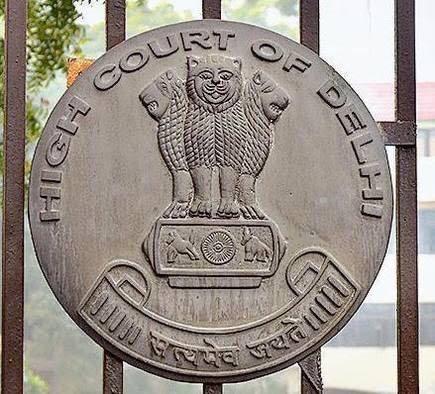The Delhi High Court on Thursday adjourned hearing on a batch of petitions seeking recognition of same-sex marriages under the Hindu Marriage Act, the Special Marriage Act and the Foreign Marriage Act.
A division bench of the high court preside boer Chief Justice D N Patel and Justice Jasmeet Singh adjourned the matter for further hearing on April 20.
The matter was adjourned after Solicitor General Tushar Mehta sought more time to file his reply to the batch of petitions.
Petitioner Abhijit Iyer Mitra had filed a public interest litigation, saying that though the Supreme Court judgment in “Navtej Singh Johar V Union of India” had decriminalized homosexual sex, same sex marriage is still not being allowed under the provision of the Hindu Marriage Act.
The petitioner is Defense Analyst and also a member of the LGBT community in India and he stated that there is nothing in the Hindu Marriage Act of 1956 that mandates that marriage should take place between a Hindu man and a Hindu woman. “Section 5 of the Act clearly lays down that marriage can be performed between any two Hindus under the Act,” said the plea.
He submitted that despite the fact that there is absolutely no statutory bar under the Hindu Marriage Act of 1955 and the Special Marriage Act of 1956 against gay marriage, the same are not being registered throughout the country and also in the National Capital Territory of Delhi. As a result of this there are many benefits that would otherwise be available to heterosexual married couples that are not available to them.
Also Read: UPSC exam extra chance: Supreme Court refuses candidates who exhausted last attempt in 2020
“The non-recognition of the rights of gay couples, especially when their sexuality has been recognised as such as valid by the Hon’ble Supreme Court of India is violative of various provisions of the Constitution of India as well as various conventions that India as a sovereign State is signatory to,” he said.
“That the case for extending the same right of marriage to lesbian, gay, bisexual and transgender (LGBT) persons as those enjoyed by everyone else is neither radical nor complicated. It rests on two fundamental principles that underpin International Human Rights Law: ‘Equality and non-discrimination. Further, the principle of universality admits no exception. Human rights truly are the birthright of all human beings. In addition to this, the opening words of the Universal Declaration of Human Rights are unequivocal: ‘All human beings are born free and equal in dignity and rights,”
-said the plea.


